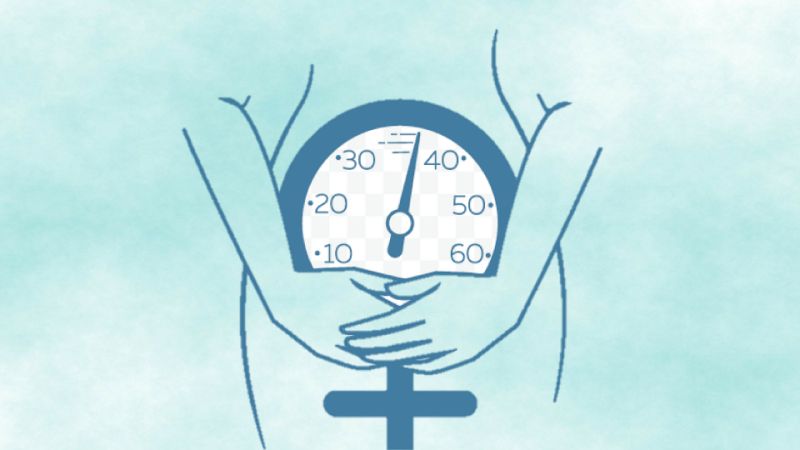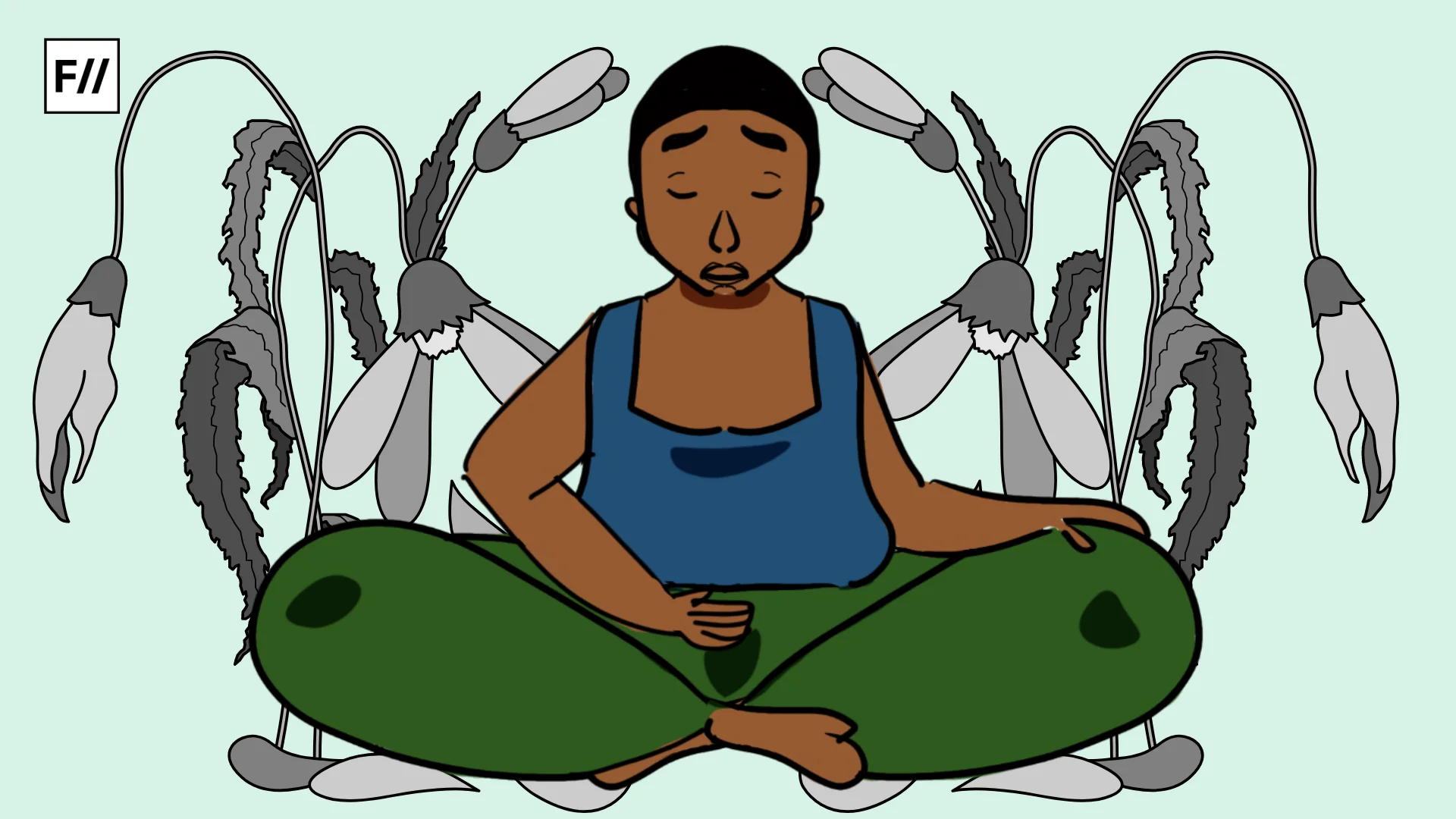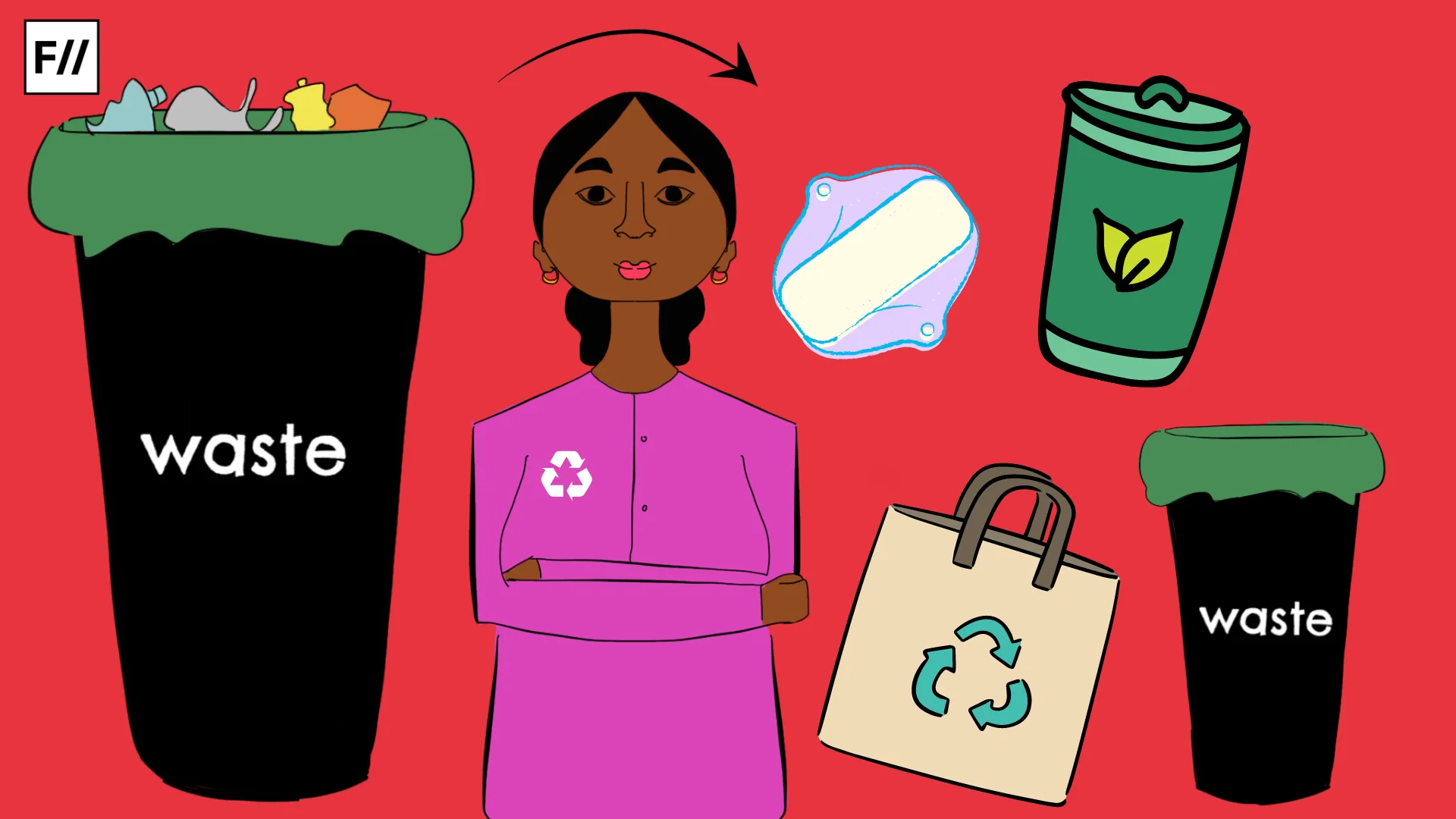In the past decade or so, with the increase in the number of feminist discourses, there has been a rise in conversations around menstruation: the physiological, social, economic, and political implications of it on women. However, on the other end of the spectrum, there’s a process that’s rarely ever talked about: menopause.
What is Menopause?
Menopause is the gradual decline in reproductive hormones when a woman reaches her 40s or 50s. This process is as normal as menstruation. The years leading up to menopause is the time when women may have changes in their monthly period cycles, hot flashes, or other symptoms. Here are some of the changes that one might face. Although, the intensity and variation among these might differ from person to person, the few possible changes are irregular periods, vaginal dryness, hot flashes, chills, night sweats, sleep problems, mood changes, weight gain and slowed metabolism, thinning hair and dry skin, loss of breast fullness etc.
These changes are significant and have a massive impact on the physical and mental health of the women going through it. However, because of the silence around this topic, many women are forced to cope with it without any support.

These changes are significant and have a massive impact on the physical and mental health of the women going through it. However, because of the silence around this topic, many women are forced to cope with it without any support. Many reports have shown that a significant number of women have to quit their jobs because of the lack of structural support and provision of leaves.
Medicalisation of Menopause
There is no discourse around menopause these days. The minority that is aware of it considers it as a ‘bad patch’, ‘an issue’, or a ‘problem’. It is very important to dispel such narratives around menopause and establish a feminist narrative that acknowledges this process as a natural step in ageing, and not as a ‘condition’.
Also read: Why Do We Need The Menstrual Leave Policy In India?
Since forever, there has been a medicalisation of menopause which has categorised it as a hormonal deficiency problem that can be cured. As a result of this, pharmaceuticals have boomed with supplements that claim to provide a solution to the ‘problem’ of menopause. Menopause is also considered as a sign of old-age, and thus, multiple industries cash on this to sell products that sell the fear of ageing to women. Not only is this narrative extremely ageist, it also fails to help women in coping with the symptoms of menopause.
Menopause is also considered as a sign of old-age, and thus, multiple industries cash on this to sell products that sell the fear of ageing to women. Not only is this narrative extremely ageist, it also fails to help women in coping with the symptoms of menopause.
The Need for a Discourse
Transitioning into menopause can be extremely draining and exhausting. In such times, it is of extreme importance to break the myth that this process is a ‘problem’. It’s not. Menopause is a natural and normal process, and anyone who goes through it should get access to adequate emotional, and structural support.
To begin with, there needs to be an increase in the number of awareness campaigns, especially in workplaces, in order to prevent bullying of the women who go through noticeable symptoms of menopause like constant sweating, mood changes, weight gain, etc. There should also be increased provisions for working from home to help women cope with this transition.
Also read: Infographic: How Can You Break Menstrual Taboos?
Menopause is absolutely natural and is a part of the ageing process. It isn’t the end of one’s ‘womanhood’, neither is it a ‘disease’ that can be only cured with hormonal supplements. It is a normal process that requires some external support. There is a dire need of a conversation around menopause so that not only this process is normalised, but also to facilitate the creation of adequate reforms and provisions that help women cope with the symptoms of menopause without having to sacrifice every other thing in their lives.
Featured Image Source: Yahoo India Lifestyle




